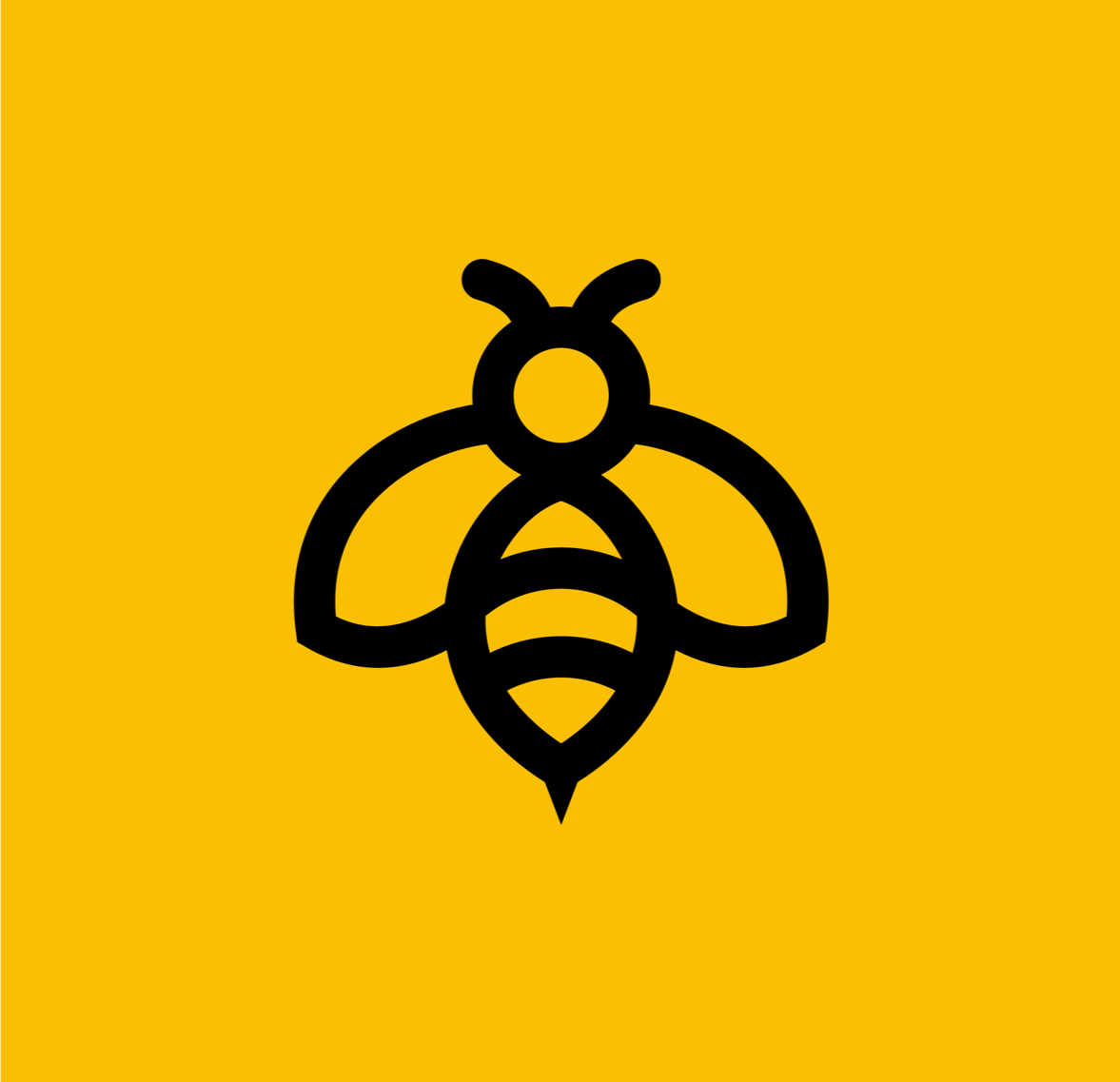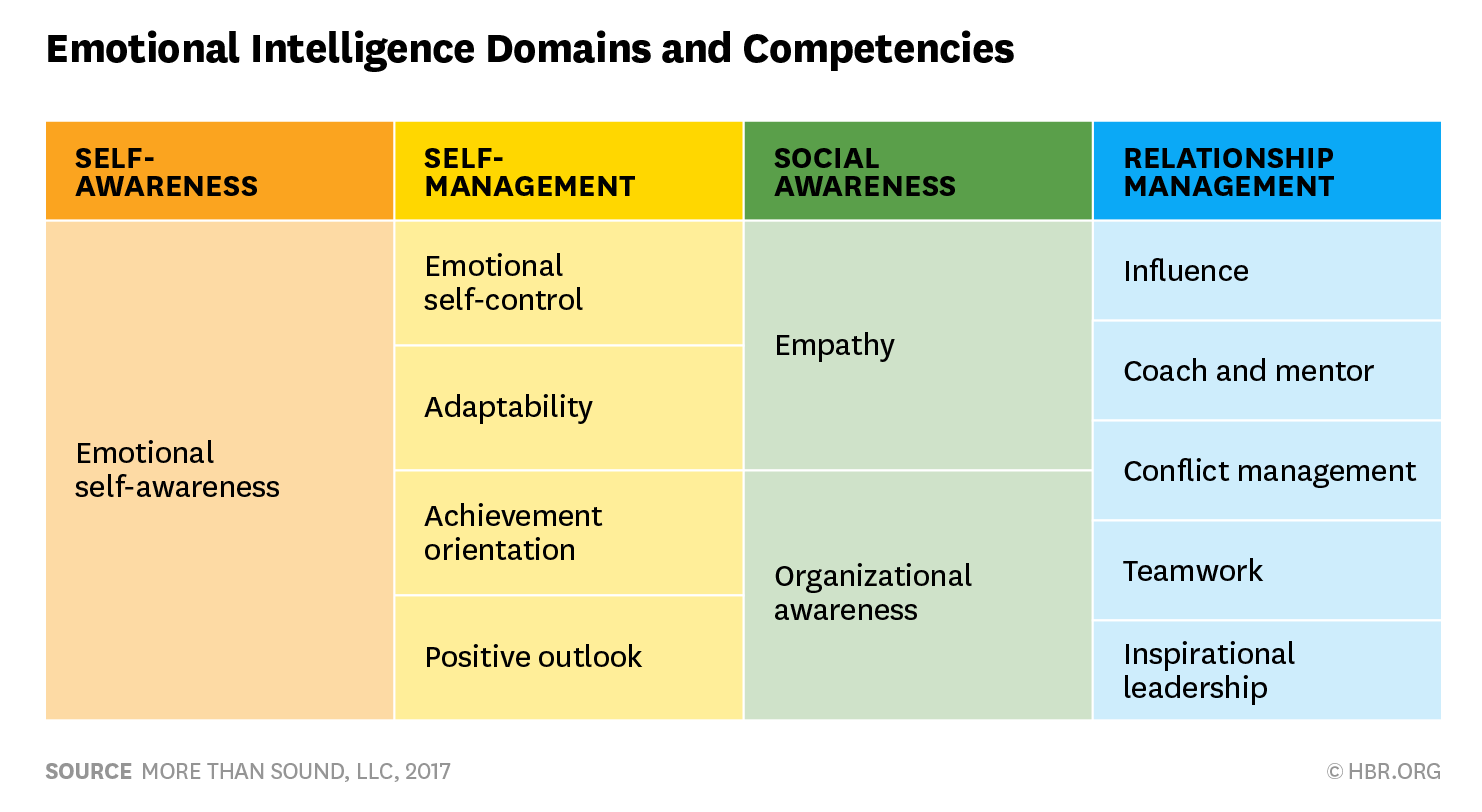I’m a 3 wing 2, ENTJ, what are you? There are now more than 2,500 personality tests on the market, helping fuel the $10B self-help Goliath (which is predicted to grow to $13B by 2022).
They’re used by everyone—Fortune 500 companies, colleges, hospitals, churches, the CIA and the military—and although there are plenty of dissenters (we’ll get to that later), it points to a rise in our collective introspection underneath the surface and the blending of our personal and work selves above the surface.
So, what is EQ really? How does it correlate with IQ? What the heck is Enneagram and why does any of this matter in the first place?
We’ll start with the last thing first. Learning how to motivate people is the crux of advertising. What makes your audience tick and why? How do we get them to buy a new product, stick with an old one, try this one over that one?
I find this topic particularly fascinating because not only is it imperative to know how to motivate an audience, it’s also imperative to know what motivates you and how to motivate your team members. So here we find ourselves at the intersection of motivations, or motivation inception if you will.
Personality assessments date back to the 18th century where they measured bumps on your brain. Luckily now all you have to do is pay $50 and spend 15 minutes taking a survey that tells you who you are.
Side note on PQ: It’s my made-up term for personality tests. If IQ is intelligent quotient and EQ is emotional intelligence/quotient, I figured personality test results should be called PQ. Gretchen, can you make this happen?
For those who may not have heard of Enneagram yet, it’s the latest rage in personality tests that has stolen Myers Briggs’ letter thunder through numbers, nearly overnight.
When looking at the chart below, search interest for Myers Briggs has dropped nearly by half from 2004 to now. Enneagram, on the other hand, has shot up like a rocket starting in 2017 and really taking off in 2018. Interest is now more than double the size of Myers Briggs in a matter of two years.
What is Enneagram exactly? It is "a model of the human psyche which is principally understood and taught as a typology of nine interconnected personality types."
Its history is hazy, some saying its roots trace back to ancient Egypt, and others saying it popped up in the 1950s. Either way, in my opinion, it’s a much more holistic representation of a person and more actionable, but I’m no psychologist.
If you want to learn how the system works, The Enneagram Institute has got your back. In the meantime, here’s a quick overview.
You have your core number type which is described further below. Additionally, each number type has what you call a “wing”, which is a secondary personality and is typically adjacent to your main number.
Based on levels of growth or stress, your personality "integrates" or "disintegrates" into other numbers. From your core number, follow this direction of numbers for integration: 1-7-5-8-2-4-1 and 9-3-6-9. For disintegration, move the opposite direction: 1-4-2-8-5-7-1 and 9-6-3-9.
How did Enneagram get so popular? Christians, Memes and Netflix.
It spread like wildfire across the Christian community mainly due to the book The Road Back to You: An Enneagram Journey to Self-Discovery, written by Ian Morgan Cron and Suzanne Stabile.
Reviews of the book say that it takes a "practical, comprehensive way of accessing Enneagram wisdom and exploring its connections with Christian spirituality for a deeper knowledge of ourselves, compassion for others, and love for God."
According to Religion News, "the book has sold more than 165,000 copies since its release in 2016 and Cron has also spun off a successful podcast, Typology, which has grown to more than 300,000 downloads a month."
Concurrently, Insta-ennea-gram meme accounts started cropping up left and right. @enneagramandmemes, @enneagramandcoffee, @rudeassenneagram. Type 3 as Lizzo couldn't be more accurate...#truthhurts.
They’re hilarious and many feel incredibly similar to horoscopes—some have gone so far to call personality tests horoscopes for business bros. LOL. Similar to astrology, personality tests are not technically backed by science and there’s probably lots of confirmation bias (and self-reported survey bias) going on. Dissimilar to astrology, it’s at least based on an analysis, which is more than where the moon was on your birthday.
Read more about super interesting astrology stuff from a past Pollinatr post here.
From a macro perspective, other outside influences include the destigmatization of therapy and increased comfort with talking about emotions, especially within the workplace. College kids are going to counseling centers more than ever before. Top viewed Ted Talks and Netflix specials are about how to bring your whole self to work through vulnerability (holla at your girl, Brene).
I’m the first lemming to follow a new personality test off the cliff. I love organizing my traits into neat bento boxes while constantly self-optimizing for incremental success (yes, I am 100% a 3). But there are many shortcomings of these tests. Most notably, research shows "that as many as three-quarters of [Myers Briggs] test takers achieve a different personality type when tested again."
Taking all of these faults into account, the pursuit of knowing oneself reveals our underlying human motives to feel understood and to be more successful.
Pamela Rutledge, director of the Media Psychology Research Center, says it best: "People like confirmation of their qualities, particularly strengths. In spite of the frivolity, we all have an existential craving to be validated and seen."
Rutledge goes on to say that "the purpose of most psychometric tests was to facilitate understanding to aid in mental health treatment, job and education training and placement and self-knowledge."
Personality tests are just a part of the equation. Cue EQ and IQ, even better determinates of success.
Emotional intelligence has been defined as "the ability to monitor one's own and other people's emotions, to discriminate between different emotions and label them appropriately, and to use emotional information to guide thinking and behavior."
It's a compilation of the following core tenants:
Many might be wondering, is EQ really that important? If I’m smart, do I have to be good with people, too?
YUP. Daniel Goleman, science journalist and author of Emotional Intelligence: Why It Can Matter More than IQ found earth-shattering results, Einstein sized.
Emotional intelligence is the single biggest predictor of performance in the workplace and the strongest driver of leadership and personal excellence.
Goleman also wrote On Emotional Intelligence, a Harvard Business Review must read, where he gives us a peek behind the scenes about his EQ research.
He studied competency models from 188 corporations in order to determine what personal capabilities drove outstanding performance within the companies. The three key variables he compared were technical skills, cognitive skills and emotional intelligence skills.
What did he find? "To be sure, intellect was a driver of outstanding performance. Cognitive skills such as big-picture thinking and long-term vision were particularly important. But when I calculated the ratio of technical skills, IQ and emotional intelligence as ingredients of excellent performance, emotional intelligence proved to be twice as important as the others for jobs at all levels".
When he compared average performers vs. star performers in senior leadership positions, "nearly 90% of the difference in their profiles was attributable to emotional intelligence factors rather than cognitive abilities."
It's great that EQ helps someone be a better leader and get in touch with their feel-good fuzzy emotions, but does it impact the bottom line? YUP.
Workforce.com recaps the research paper entitled EQ and the Bottom Line, "restaurants managed by managers with high emotional intelligence showed an annual profit growth of 22 percent versus an annual average growth of 15 percent for the same period.
What does this all mean? The more we know about ourselves, others and our audiences, the more enlightened and successful we will be. Walking a day in someone else's shoes (or getting inside their minds in this case) will continue to be the key for relationship building more so now than ever, for both people and brands.





